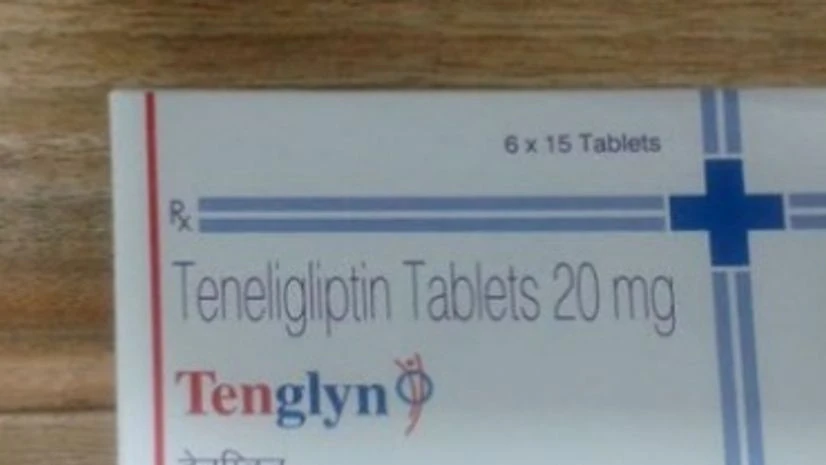In their bid to get a larger share of the pie in the anti-diabetic drug market, 14 companies have launched their own teneligliptin during the last eight months. In contrast, the market growth for four other gliptins – which are patented - has plateaued. Doctors believe this generic drug may eclipse the patented ones in future.
According to the latest data of IMS Health, a global information and technology services company, those which have launched their own teneligliptin in last eight months include Glenmark, Intas, Ajanta, Eris Life Sciences, Mankind, Micro Labs, Alembic, Zydus Cadila, Unichem, Wockhardt, Corona Remedies and Macleods.
In addition, Precia Pharma and Centaur Pharma have also launched this drug in the same time period, according to AIOCD AWACS, a market research entity formed by the All Indian Origin Chemists & Distributors.
Also Read
“The only thing stopping the teneligliptin is the lack of trial data, which is making the doctors a little skeptical about its efficacy and safety. Still, I believe that - as this drug is almost 4 times cheaper than any other gliptin - it has the capability to dominate the gliptin market in the coming one or two years,” Dr Vineet Surana, Consultant - Endocrinology, Paras Hospital, Gurgaon. According to IMS Health and AIOCD AWACS, even though the drug was non-existent in June last year, it has been able to carve out a Rs 50-crore market for itself by January.
On the other hand, the monthly sales of other four patented gliptins – Saxagliptin, Linagliptin, Vildagliptin and Sitagliptin – have seen a miniscule sales increase in last 6-8 months. The patent of these drugs lies with AstraZeneca, Boehringer Ingelheim, Novartis and MSD respectively. While the patented drugs cost around Rs 38-45 per day’s dosage, the teneligliptin is priced in the range of Rs 7-12 for per day’s dosage.
“When it comes to teneligliptin, one thing which is affecting its prescription is lack of trial data. We are still not sure about its safety or efficacy. In comparison, other gliptins have gone through extensive trials, and consequently, we know about their characteristics quite well,” said Dr Subhash Wangnoo, senior consultant - endocrinology, Indraprasatha Apollo hospital.
India's gliptin market, estimated at Rs 1,800 crore yearly, is growing at around 40% annually. Of the 68 million diabetics in India, about 1.85 million are on the gliptin therapy to manage their type-2 diabetes.
The market for the generic anti-diabetic drug teneligliptin is growing at a much faster rate than any other patented gliptin. For example, as per AIOCD AWACS data, Wockhardt’s teneligliptin – sold under brand name Inogla – saw its monthly sales increase from Rs 9 lakh in October to Rs 70 lakh in January respectively.
“The cost is a concern while using the gliptins. Teneligliptin is cheaper than the existing gliptins. That is the likely reason behind the rising sale of teneligliptin,” said Dr Wangnoo. As per IMS health data, the first teneligliptin to be launched in India - Glenmark’s Zita Plus – saw its monthly sales increase from Rs 50 lakh in June to Rs 3.4 crore in January respectively.
“Most of the gliptin can be substituted by other gliptins. However, there are some specific properties of gliptins where they cannot be used in hepatic (liver) patients. Through old gliptin claim to be superior to others, mostly they are of equal efficacy,” said Dr Surana.
The generic gliptin surge
1) Lack of comprehensive trial data is the only thing which is stopping teneligliptin
2) Other four gliptins, apart from teneliglitn, are almost four times more expensive as they are patented.
3) Most of the gliptins can be substituted with each other. However, in certain cases, a specific gliptin has to be prescribed.
4) Around 2 million out of 68 million diabetic patients are on gliptin therapy; Annual gliptin sales have been of Rs 1,800 crore

)
